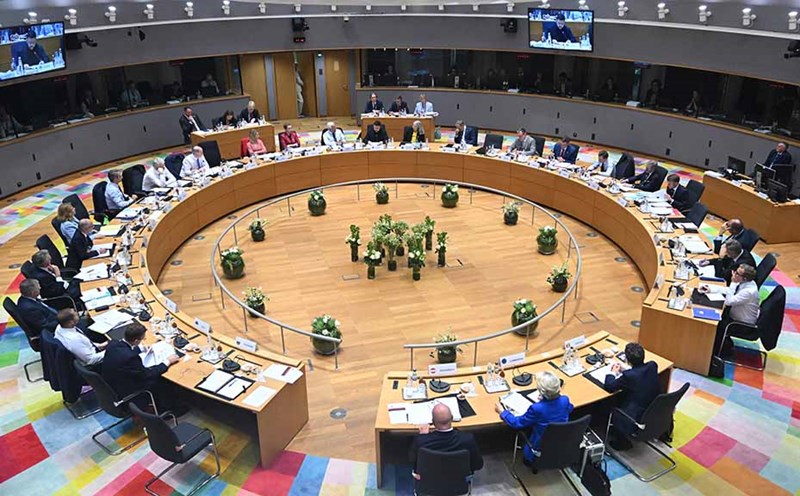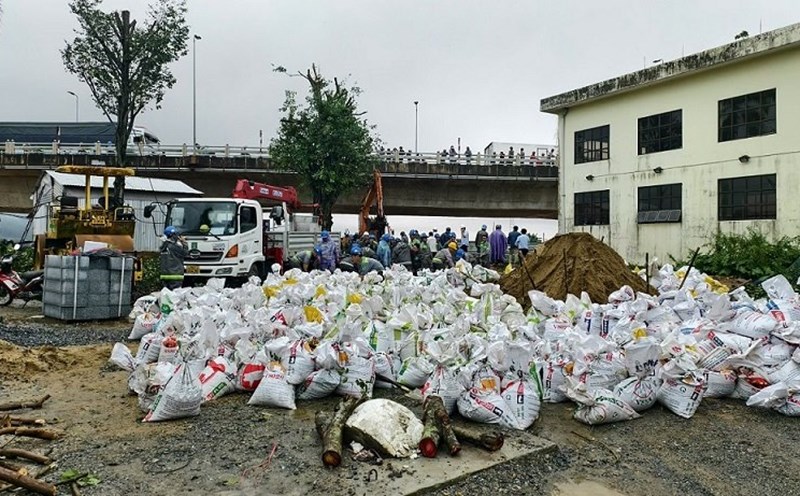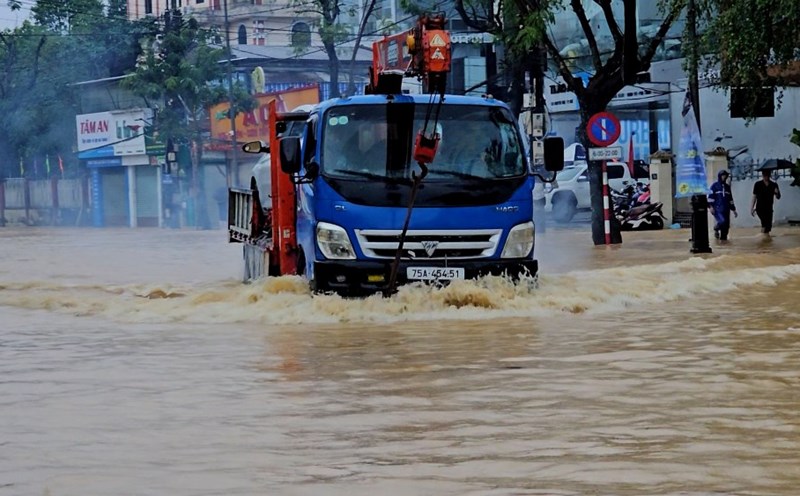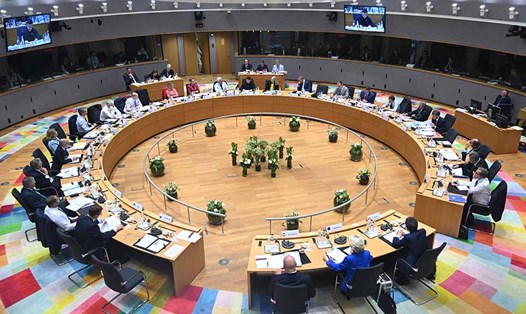The European Commission (EC) is increasing pressure on hesitant governments in its plan to support Ukraine - a country in conflict with Russia. The message was clearly sent, either for Russia to pay, or pay for itself.
Meanwhile, option B - a common loan in European bonds (eurobond) - is considered a " bitterness drug" for many countries, especially the "bage-tailed" group such as Germany and the Netherlands, which have always opposed collective loans.
The EC's main plan is to use 140 billion euros in frozen Russian state assets - mainly in the Euroclear system in Belgium - to provide reconstruction loans to Ukraine.
The EU calculates that Russia will later have to "compensate the war" with a huge sum of money. Therefore, the EU "temporarily" spent the amount of Russian money frozen in the EU on Ukraine. The EU will later recover the money Russia "compensates" for Ukraine to compensate for the "interim" payment to Ukraine.
However, Belgium and several other countries are concerned about the legality of the measure, fearing that Russia could counter-sue it in an international court. However, EU officials say that if they do not use those assets, Europe will have to borrow them together - something many countries are more concerned about.
No country wants to carry debt instead of governments spending freely, said expert Karel Lannoo, director of the Center for European Policy Research. Therefore, using Russian assets is the only reasonable option. We must prove that Europe is not afraid to take action.
However, at last week's EU summit, Belgian Prime Minister Bart De Wever was still determined to object, causing the decision to be postponed to December. EC is now racing against time, Ukraine's budget could run out by the end of March 2026, while the risk of Hungary, Slovakia and the Czech Republic forming a "Ukrainian skeptical alliance" is making the unification process even more fragile.
An EU diplomat described the Commission's strategy as a " disguised choice: Providing a bad choice to force the other party to accept a less bad choice. No one wants eurobonds, and that is the reason why the plan to seize Russian assets becomes feasible, the source said.
With the EC, all legal risks must be shared. If there is a risk, it must be a collective risk, not just Belgium, the Committees spokesman stressed, saying that the 140 billion euro would only be returned to Russia if Moscow ended the conflict and compensated Kiev.
However, Belgium is still concerned about the possibility of being sued by Russia, as the two sides have signed a bilateral investment agreement since 1989. Analysts warn that a Russian lawyer team could completely sue for property recovery if Europe makes illegal decisions.
However, the majority of diplomats believe the final deal will be approved before the end of the year. I expect the European Council in December to make progress, said Lithuania Foreign Minister Kęstutis budrys.











